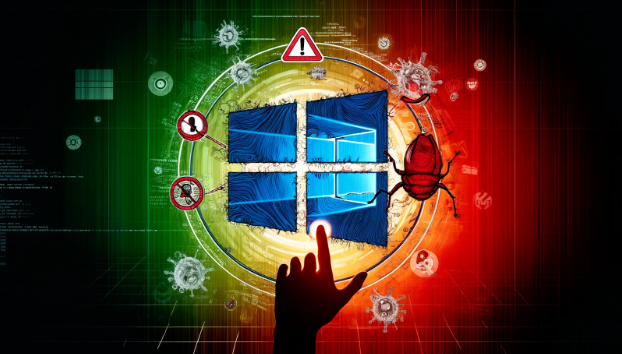A 22-year-old British national has been arrested in Spain for allegedly hacking into dozens of US companies, according to a joint operation by Spanish authorities and the FBI. The suspect, who remains unnamed by authorities, was detained at Palma de Mallorca airport while attempting to board a
Latest News
Pathology services provider Synnovis was targeted in a cyberattack on June 3, leading to widespread disruption across London hospitals. The ransomware attack, attributed to the Russian gang Qilin, has had a severe impact on medical services, forcing the cancellation of over 800 planned operations
Cybersecurity Researcher, Jeremiah Fowler, discovered and reported to vpnMentor about a non-password-protected database that contained 474k images belonging to Total Fitness — a chain of health clubs with 15 locations across North England and Wales, over 100,000 members, and about 600 employees.
A new phishing toolkit created by security researcher mr.d0x enables cybercriminals to exploit Progressive Web Apps (PWAs) to steal login credentials, posing a significant threat to internet users. According to a report from BleepingComputer, the toolkit allows for the creation of PWAs that
The Dutch Military Intelligence and Security Service (MIVD) has revealed that a Chinese cyber-espionage campaign exploited a critical vulnerability in FortiGate systems, affecting over 20,000 devices globally between 2022 and 2023. Earlier this year, the MIVD and the General Intelligence and
Pure Storage has confirmed a data breach involving unauthorized access to a Snowflake data analytics workspace, as reported on its official support page. This breach exposed telemetry information including company names and email addresses, LDAP usernames, and Purity software release version
Nord Security, the company behind NordVPN, has launched a new global eSIM service called Saily. The eSIM aims to meet the growing demands of global travelers and remote workers by providing a secure and convenient solution for internet connectivity while abroad. It’s designed to give users a
The vpnMentor research team is reporting about a recent incident involving the popular Stable Diffusion user interface, ComfyUI, that has sent shockwaves through the AI community, exposing the potential dangers lurking behind seemingly innocuous tools. While ComfyUI itself remains secure, a
Google Maps will transition its Timeline feature from cloud-based to on-device storage by December 1, 2024. The feature, previously known as Location History, tracks routes and visits. It will now link this information to individual devices instead of cloud-based Google accounts. This change was
Researchers have discovered that malware can exploit Microsoft's new Windows Recall feature to steal sensitive user data. Windows Recall, which is part of Microsoft's new Copilot+ PCs, captures regular screenshots to help users retrieve previously seen content through natural language queries.









